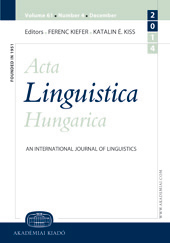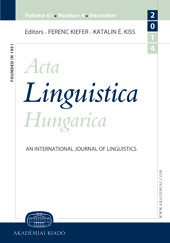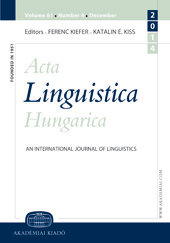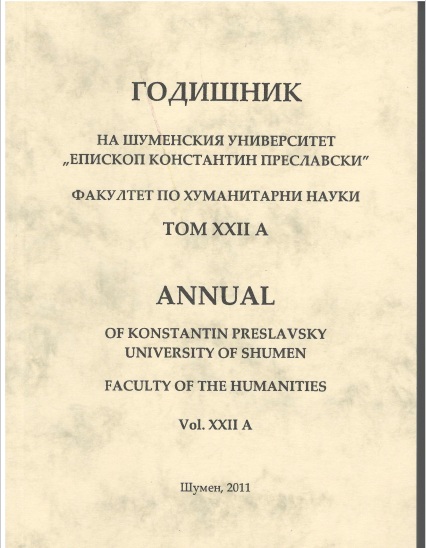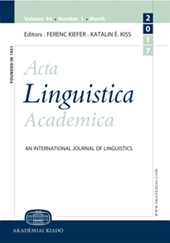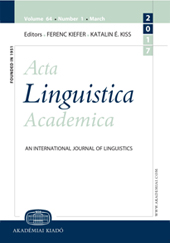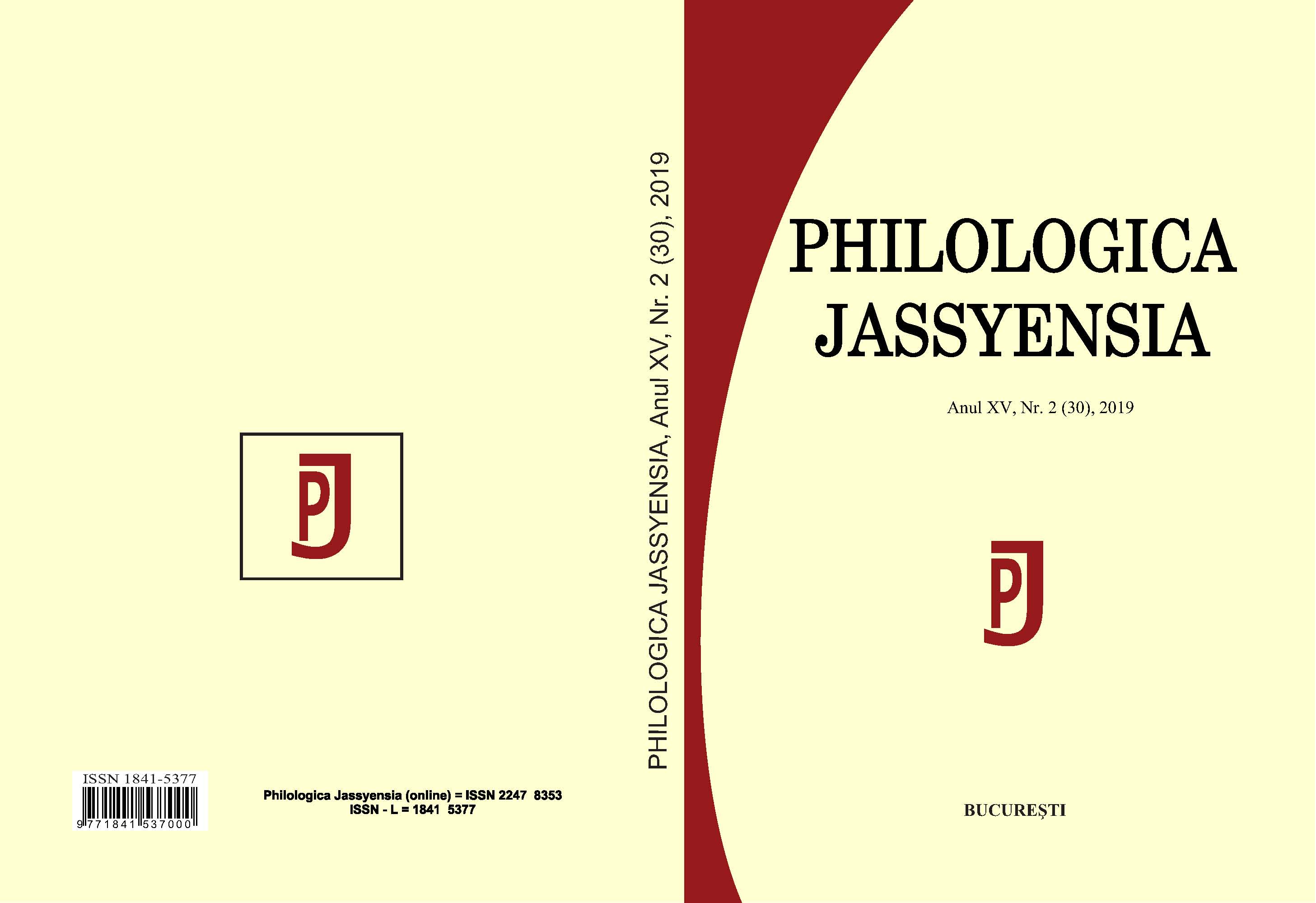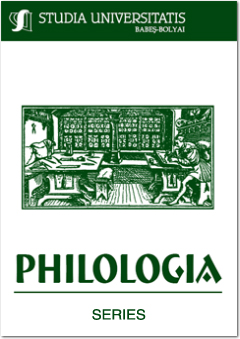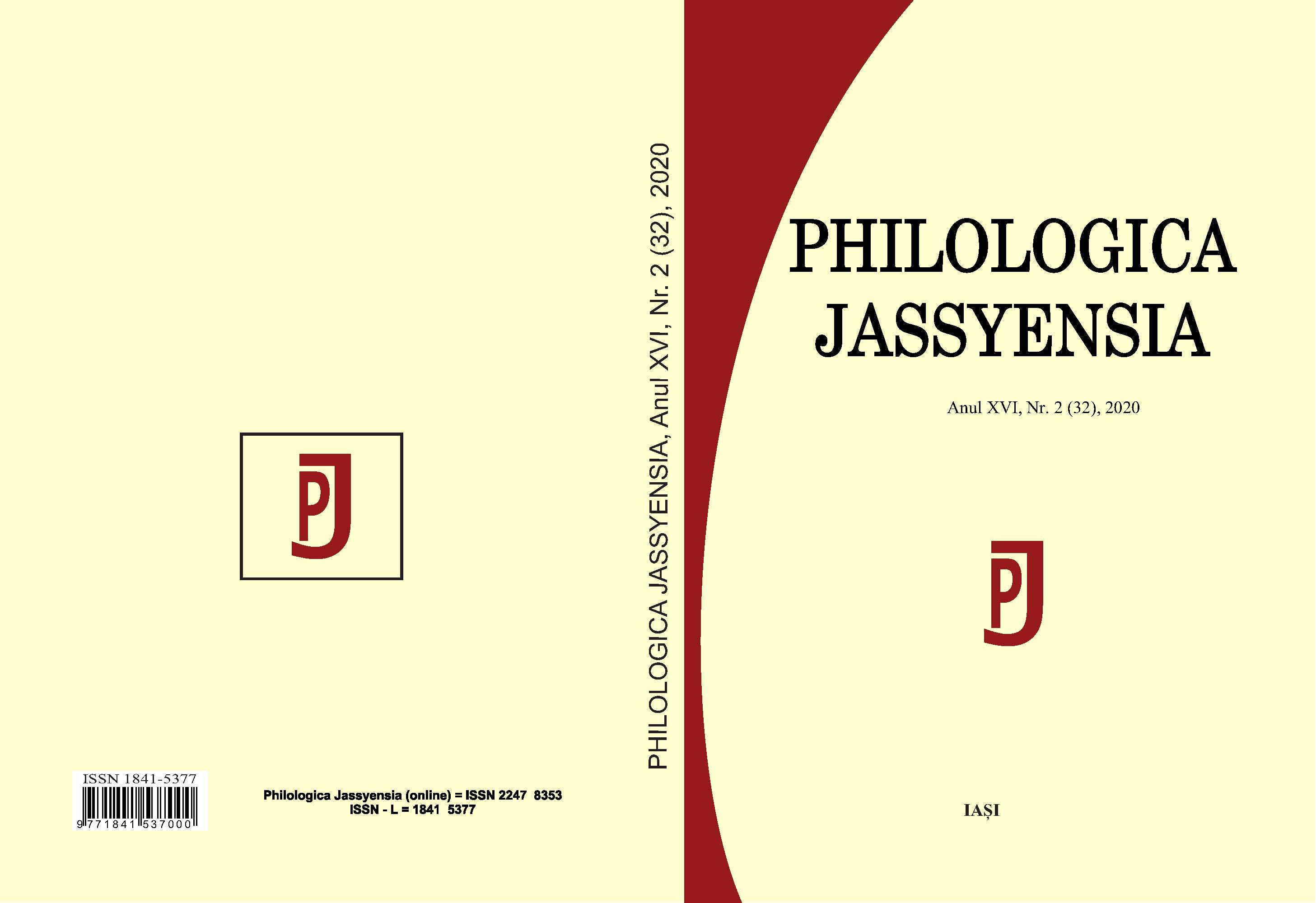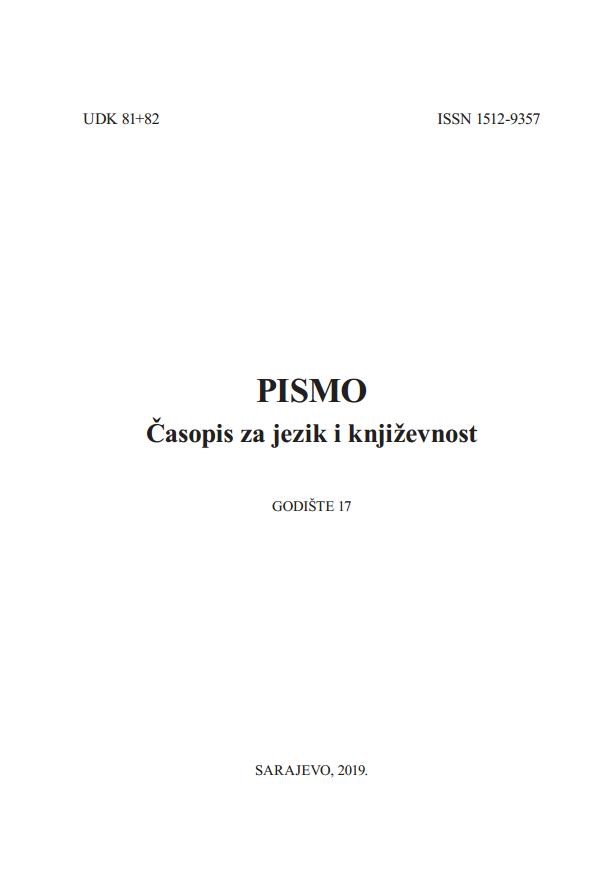Author(s): Felicia Vrânceanu / Language(s): Romanian
Issue: 1 (31)/2020
Since the 1970s, when it came to the attention of researchers as the subject of systematic investigations, conversation has always been a tempting field not only for linguists, but also for sociologists, psychologists, ethnologists or ethnographers. The communicative resources of the cultural communities were studied by the followers of linguistic ethnography, of sociolinguistics, of conversational analysis. Therefore, it is explicable that numerous analysis models have been developed, which have highlighted the multitude of speech acts in a community, as well as the complexity of the terminological system specific to this field. For those concerned with this issue, Sanda Golopenția’s studies are of permanent interest. Upon careful reading, the reader discovers a series of original concepts regarding the participants in the conversation, the conversational roles and units, but also the graphic transcription of the conversation. These are studies such as: Morfologia conversației, Conversația – un studiu de caz (I), Conversația – un studiu de caz (II), Trois types de séries conversationnelles, Notaţia conversaţională ca revelator pragmatic, L’histoire conversationnelle (I). I mentioned here only some of the many materials that demonstrate a permanent interest of the author for the study of language in action, materials that were brought together in the recently edited volume Action, interaction, identity, studies of linguistic pragmatics [Acţiune, interacţiune, identitate, studii de pragmatică lingvistică].For the classification and analysis of recorded conversational situations, the author compiles a true glossary of terms, which she establishes through a “concrete and explicit act by which a name is given”, which makes the “world of everyday experience” and the “scientific world” intersect in the process of terminological constitution. On the one hand, these meticulous definitions recall, by the precision of the formulation, the mathematical theorems, and on the other hand, by the ease of the formulation, they recall the apparenly spontaneous interventions of the field researcher who provokes his interlocutor to dialogue. The originality and value of the ideas presented in the numerous studies of Sanda Golopenția result largely from the polyphonic character of the concerns manifested in various fields. Polyphony is, moreover, a true leitmotif of the prodigious activity carried out, which has shown that there is both an art of the science of conversation and a science of the art of conversation.
More...


